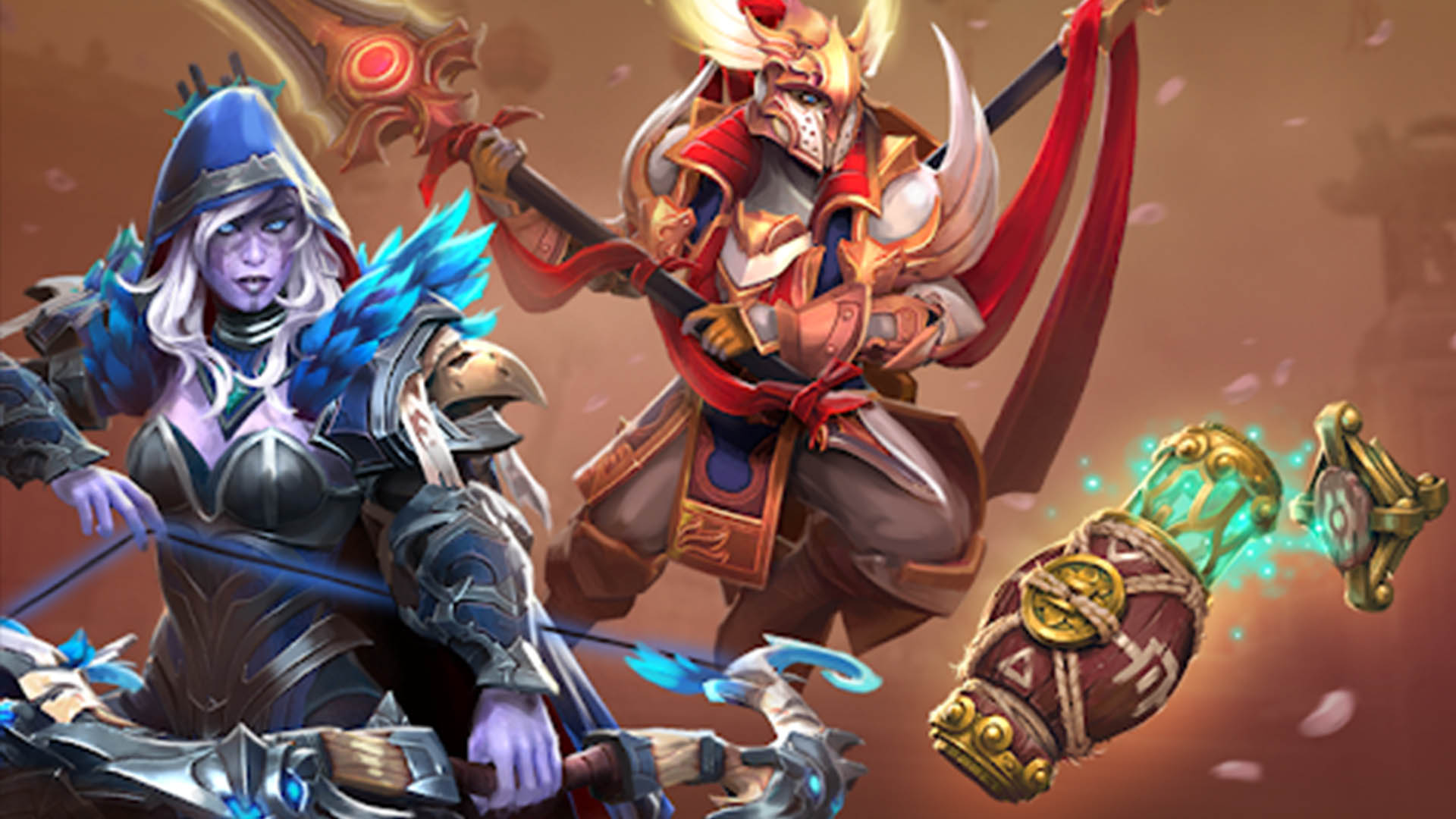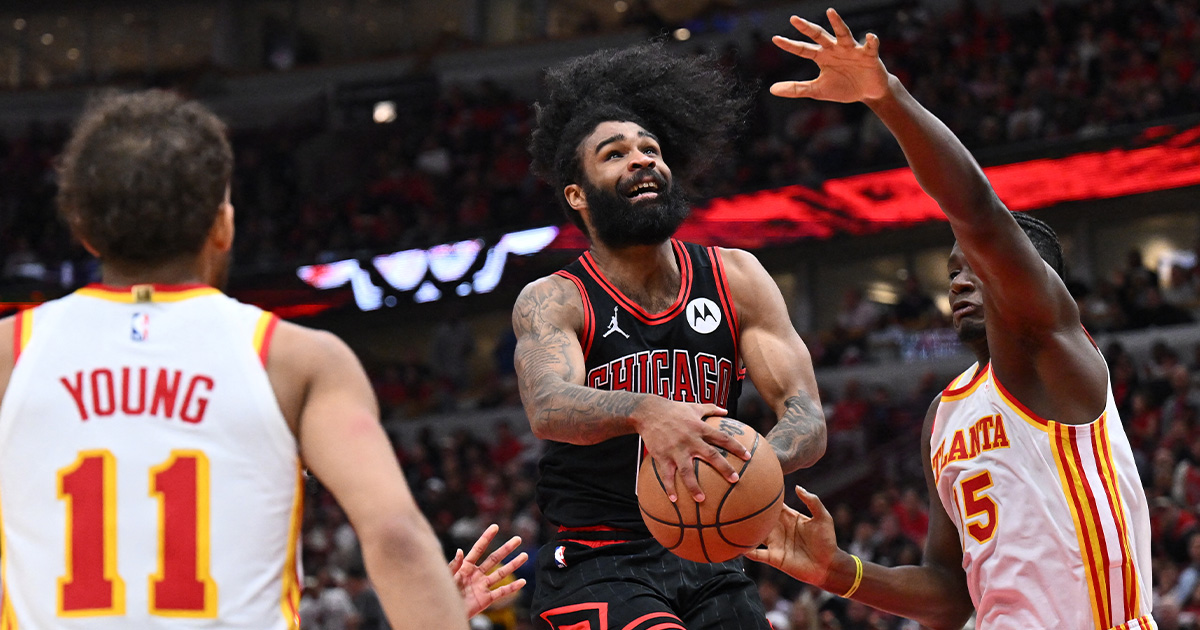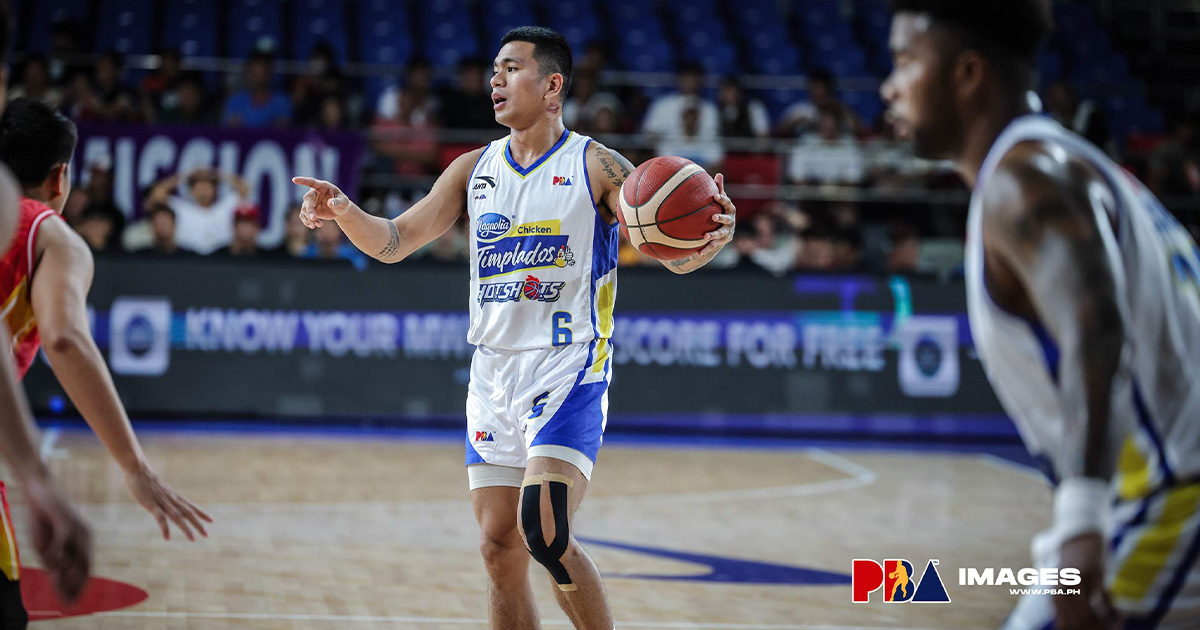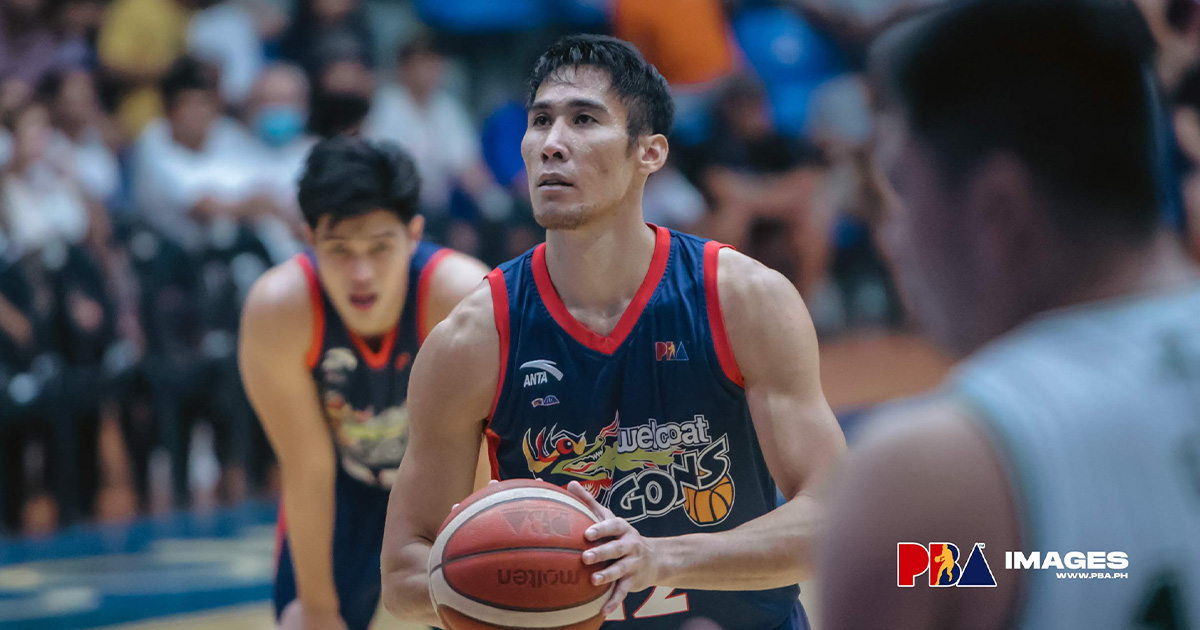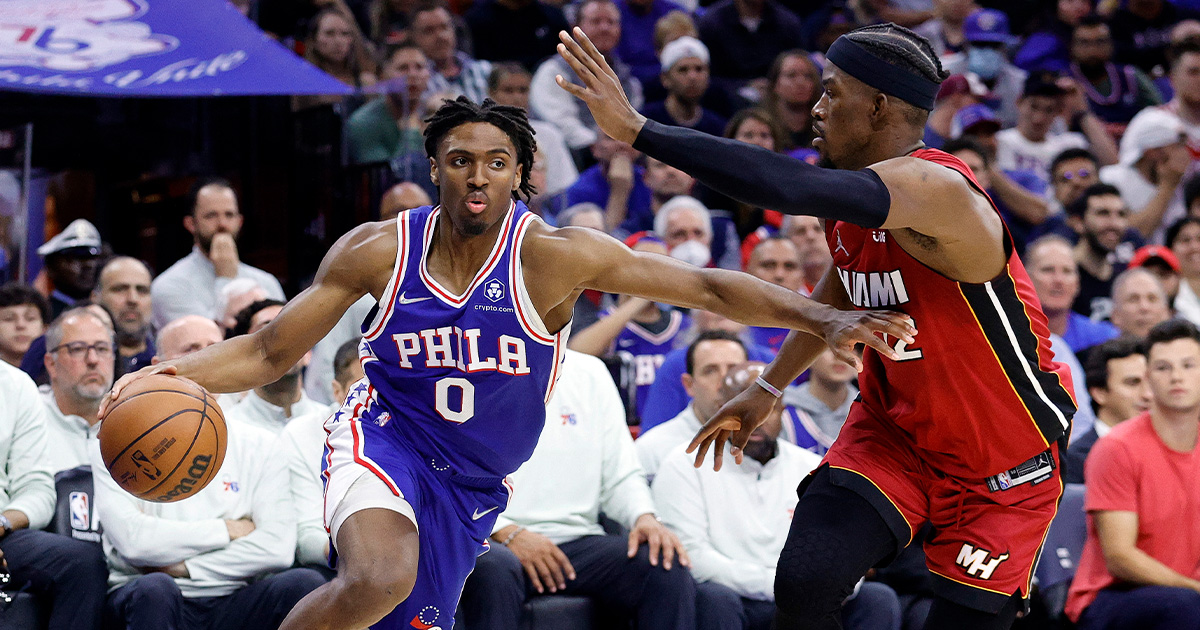MMR boosting has been a pressing issue in the Dota 2 community for years now. As the term implies, it is the act of boosting one’s MMR towards the desired MMR range by means of hiring a third party to play the account. It is indeed a way for players to get the ranks and MMR that they want, but such an action is illegal.
While the prospect of gaining a substantial amount of MMR by simply paying someone else to do it is an appealing idea, that doesn’t make the game any better for the player and everyone else around the one being boosted. Boosting has become infamous for ruining player experience since one of the 10 players is at a higher skill level than everyone else.
MMR boosting is not at all worth the money paid, and here are a few key reasons why:
Why MMR Boosting and Recalibration has a market
One of the biggest reasons for why MMR boosting exists is the huge demand. If no one wanted to get about 1000 MMR in a short span, then there would be no demand for MMR boosters.
However, with the majority of the Dota 2 audience being adults who already have full-time obligations in life, committing their little spare time to have a better rank by playing an hour-long game to climb, investing time does not fit in anyone’s bill at all. People have to balance their real life obligations with their hobbies and passions, and if the hobby is a legacy game with prestige waiting for high MMR wielders, things start to get tough.
Add the fact that the same people who have full-time obligations are likely to have money ready to be spent. Dropping about $50 to $100, or Php 2,500 or 5,000 for a 500-1000 MMR boost, is definitely a small price to pay for a better MMR to brag to one’s peers. Money indeed makes life so much easier, and the dirty work of having to deal with toxic teammates would not even be your problem on the way.
Boosting is against Valve’s Anti-Cheat system
It is already a given that MMR boosting is against the rules of Dota, as per the Valve Anti-Cheat system which bans MMR boosters for 1 year. More specifically, the unofficial sources on the system say that either “deliberate actions to to artificially boost the MMR or an account” or “Buying, selling, or trading accounts with boosted MMR” may fit under the criteria for bans.
Last February, the Dota 2 official Twitter account broadcasted that they have banned over 40,000 accounts who were found abusing matchmaking—vague, but is very likely to refer to rulebreakers on the MMR boosting scene. That is about a tenth of the monthly average Dota 2 player count, and it shows that Valve will not hesitate to land the ban hammer on anyone convicted of being boosted.
Ruining Competitive Integrity
By having an MMR that actually surpasses your current “real” MMR range, it ruins the game’s competitive integrity for a couple of reasons.
For starters, by not having the correct MMR for your actual skill level, the game will naturally match you into people potentially better than you. Once you start playing on your account after boosting, the chances to feed is so likely that it makes things easier for the enemy to gain their leads, while becoming a burden to your teammates due to not being able to pick up the appropriate pace for that MMR. The last thing every player wants is that one player unintentionally feeding the opposition and ruining the game.
In addition to game-ruining behavior, MMR boosting actually ruins the matches that genuine players are trying to play. In the event that a genuine player and a booster meet up in the mid lane, it is likely that the genuine player loses quite hard and ends up getting reported, when his enemy is not simply “better than him”. An innocent player gets reported for a case that is not at all true, in the event that the game actually matched him with nine other fair players.
Lastly, being a frequent customer of MMR recalibration and boosting sets up bad habits. Not only will the player lose the opportunity to learn and improve their game in one of the titles with the highest skill ceilings out there, but also it makes the player lazy. MMR at the end of the day is just a number, representative of the group of people that is equal to your skill level. If the system notices that you actually don’t belong to that range, your MMR naturally adapts as you play more—and it is definitely possible to lose about 100 MMR after recalibration.
Do you think Valve is doing enough to stop the MMR boosting issues today?


